What certifications are there in natural cosmetics?
Which certification should you choose?
How do you get certified in natural cosmetics?
Conclusion: The path to certification
What certifications are there in natural cosmetics?
There are numerous certifications in natural cosmetics that help consumers identify trustworthy products. These seals guarantee that the products meet certain standards in terms of ingredients, manufacturing processes and environmental friendliness. However, not every certification is the same and the requirements can vary from seal to seal. In this article, we present the most well-known certifications in natural cosmetics and explain what lies behind each seal.
1. NaTrue
NaTrue is one of the best-known certificates for natural cosmetics and guarantees that products consist of natural ingredients and are made without synthetic additives. There are three categories:
Natural cosmetics: At least 95% of the ingredients must be of natural origin.
Organic cosmetics: At least 95% of the plant ingredients must come from organic farming.
Ecological cosmetics: These products also meet strict environmental requirements regarding packaging and manufacturing processes.
NaTrue guarantees:
+ High quality and transparency in the selection of ingredients
+ Value the sustainability of production
2. BDIH - Cosmos Natural
The BDIH seal was created by the German Association for Controlled Natural Cosmetics (BDIH). The seal has now become an international quality seal known as COSMOS Natural, which sets strict requirements for the naturalness of cosmetic products.
Cosmos Natural guarantees:
+ No synthetic fragrances, dyes or microplastics.
+ Use of ingredients from controlled organic farming wherever possible.
+ Transparent declaration of ingredients
The BDIH seal is particularly strict when it comes to the use of chemical-synthetic ingredients. The environmental impact of production is also taken into account.
3. EcoCert
EcoCert is one of the world's leading certification bodies for natural and organic cosmetics. There are two different certificates: EcoCert Natural and EcoCert Organic. Both guarantee that products are made from natural or organic raw materials, whereby the proportion of natural ingredients must be at least 95% for the "Natural" seal.
EcoCert guarantees:
+ High proportion of natural and organic ingredients
+ Environmentally friendly production and packaging
+ No animal testing
It is particularly known for its strict requirements for organic farming practices and the avoidance of hazardous chemicals.
4. Demeter
The Demeter seal is one of the best-known organic certificates and stands for products that come from biodynamic agriculture. In natural cosmetics, this means that all plant ingredients were grown according to the principles of biodynamic agriculture, which go beyond the standard of organic farming.
Demeter guarantees:
+ 100% of the plant ingredients must come from biodynamic cultivation
+ No synthetic pesticides or fertilizers
+ Holistic approach in production and manufacturing
It goes one step further in agriculture and processing than organic farming, with a focus on sustainability and quality of life.
5. Vegan Society
Although the Vegan Society seal is not a specific natural cosmetics seal, it is commonly found in the natural cosmetics industry. It guarantees that the product does not contain any animal ingredients and that the company does not conduct animal testing.
Vegan Societa guarantees:
+ No animal ingredients
+ No animal testing
+ Support for vegan lifestyle
It is especially relevant for consumers who care not only about natural ingredients but also about ethical manufacturing practices.
6. Leaping Bunny
The Leaping Bunny certificate is a globally recognized seal that guarantees that no animal testing has been carried out on the products. Although it is not a specific "natural cosmetics" seal, it is important to many consumers because it ensures that no animals had to suffer in the product development.
Leaping Bunny guarantees:
+ No animal testing
+ Ethics in the production of cosmetic products
7. Fair Trade
The Fair Trade seal stands for products that are produced under fair working conditions and using environmentally friendly cultivation methods. It is particularly important in natural cosmetics when it comes to ingredients such as sugar, cocoa or certain vegetable oils.
Fair Trade guarantees:
+ Fair pay and working conditions for producers
+ Support for sustainable farming methods
+ Respect for the environment and resources
Which certification should you choose?
Choosing the right certification depends on your personal priorities. Do you want to make sure that your cosmetic products are organic and made without synthetic substances? Then NaTrue or EcoCert are good choices. Are you particularly looking for vegan and cruelty-free products? Then the Vegan Society or Leaping Bunny seal could be the right seal for you.
In any case, the various certifications provide reliable guidance to ensure that you are buying natural, ethically produced cosmetic products that meet your needs.
How do you get certified in natural cosmetics?
Certification in natural cosmetics is a formal process in which companies have their products and manufacturing processes checked by an independent certification body to ensure that they meet certain standards. The exact requirements and process vary depending on the certification body and certificate. However, there are generally some common steps that companies must go through to obtain certification.
1. Selecting the appropriate certificate
First, the company must decide which certificate it wants to pursue, based on the products it offers and its own company goals and values. Possible certificates, such as NaTrue, EcoCert, BDIH Cosmos, Demeter or Vegan Society, each have different requirements for ingredients, production processes, packaging and more.
2. Preparation and documentation
Before the actual certification takes place, the company must provide extensive documentation. This includes:
Ingredient list and origin: A detailed list of all ingredients, including their origin (e.g. organically grown, wild plants, etc.).
Production processes: A description of the manufacturing processes, including the technologies used and sustainability practices.
Quality control and assurance: Evidence of quality assurance processes that ensure that products meet standards.
Packaging: Information on the type of packaging, its recyclability and environmental friendliness.
Evidence that all ingredients and processes meet the requirements of the certification body is crucial.
3. Testing of ingredients and manufacturing processes
The certification body checks the submitted documents and carries out a detailed analysis of the products. The following criteria are evaluated, among others:
Use of natural and organic ingredients: Certain certificates require a minimum percentage of natural or organic ingredients (e.g. at least 95% of plant-based ingredients for EcoCert).
No synthetic additives: Conventional chemical substances such as parabens, silicones, synthetic fragrances or dyes and preservatives must not be included in the products.
Environmental and social standards: Some certificates, such as Fair Trade, also check whether the company adheres to environmentally friendly cultivation methods and fair working conditions.
4. Audit and on-site inspections
It is often necessary for the certification body to have the company audited on site. The production facilities are checked to ensure that all documented procedures are also implemented in practice. It is checked whether all environmental and socially relevant standards are complied with.
5. Receipt of the certificate
If all requirements are met and the company has provided all the necessary evidence, the certificate is issued. The company receives the seal, which it can use on its products and in its communications.
6. Monitoring and annual audits
Certification is not a one-time affair. To ensure continuous quality and compliance with standards, certification is usually reviewed annually. This can be done by:
Review of changes: If products, ingredients or manufacturing processes change, the company must inform the certification body and submit a new review.
7. Costs and time expenditure
The certification process can take some time and involve costs. These costs vary depending on the certification body and the size of the company. The testing fees, on-site audits and, if necessary, adjustments to production methods can require high investments. Nevertheless, many companies see the certificate as an important step to prove their quality and gain consumer trust.
Conclusion: The path to certification
The path to certification in natural cosmetics requires careful preparation and a consistent alignment of company processes with high environmental and quality standards. Through certification, manufacturers can increase the credibility of their products and guarantee consumers that they are buying genuine natural cosmetics that meet certain ethical and ecological criteria.



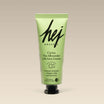
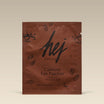
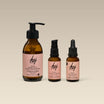


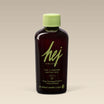
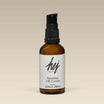
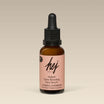
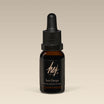
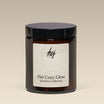
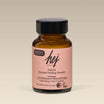

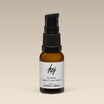
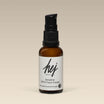
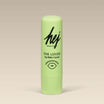



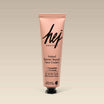
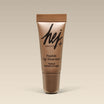
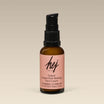
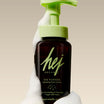



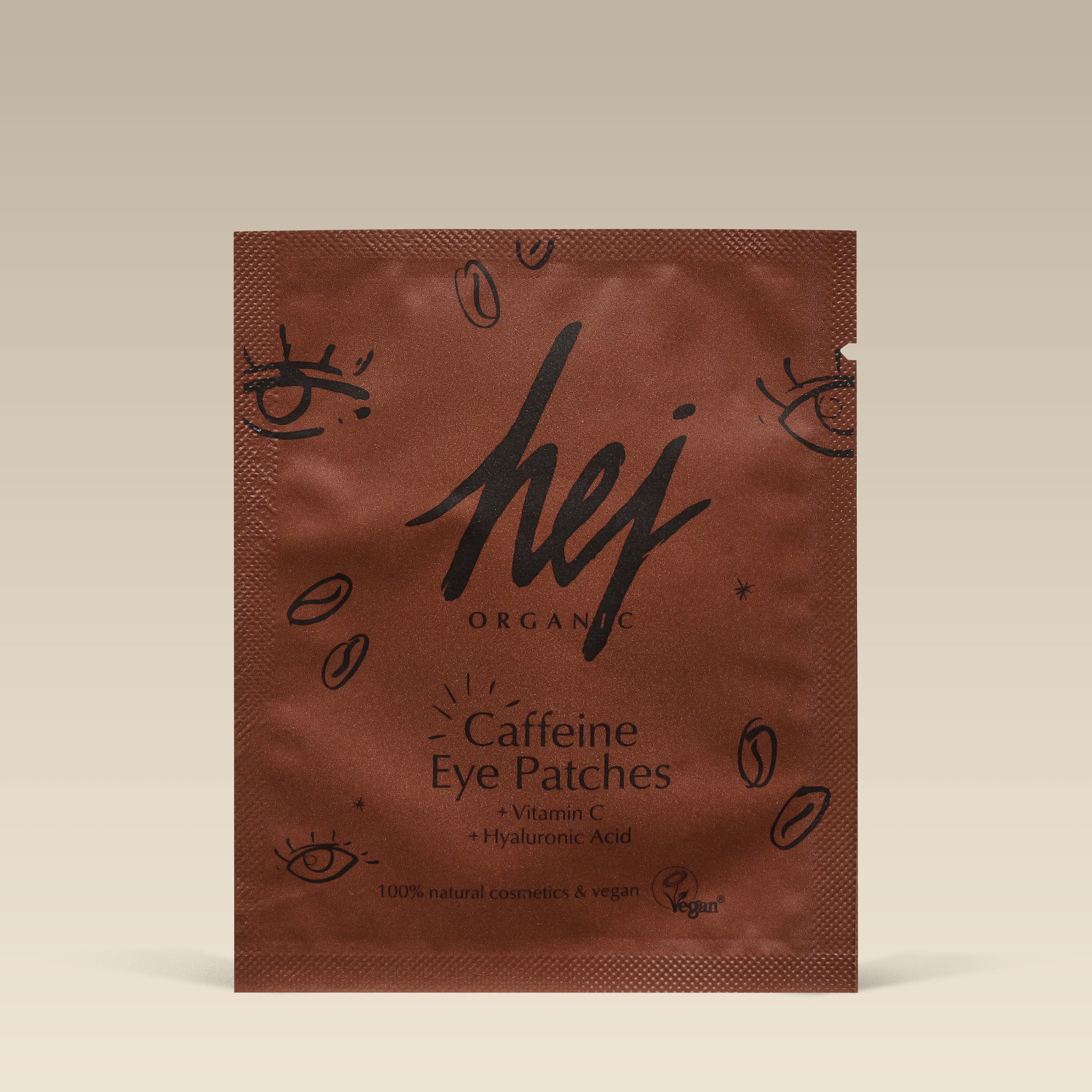
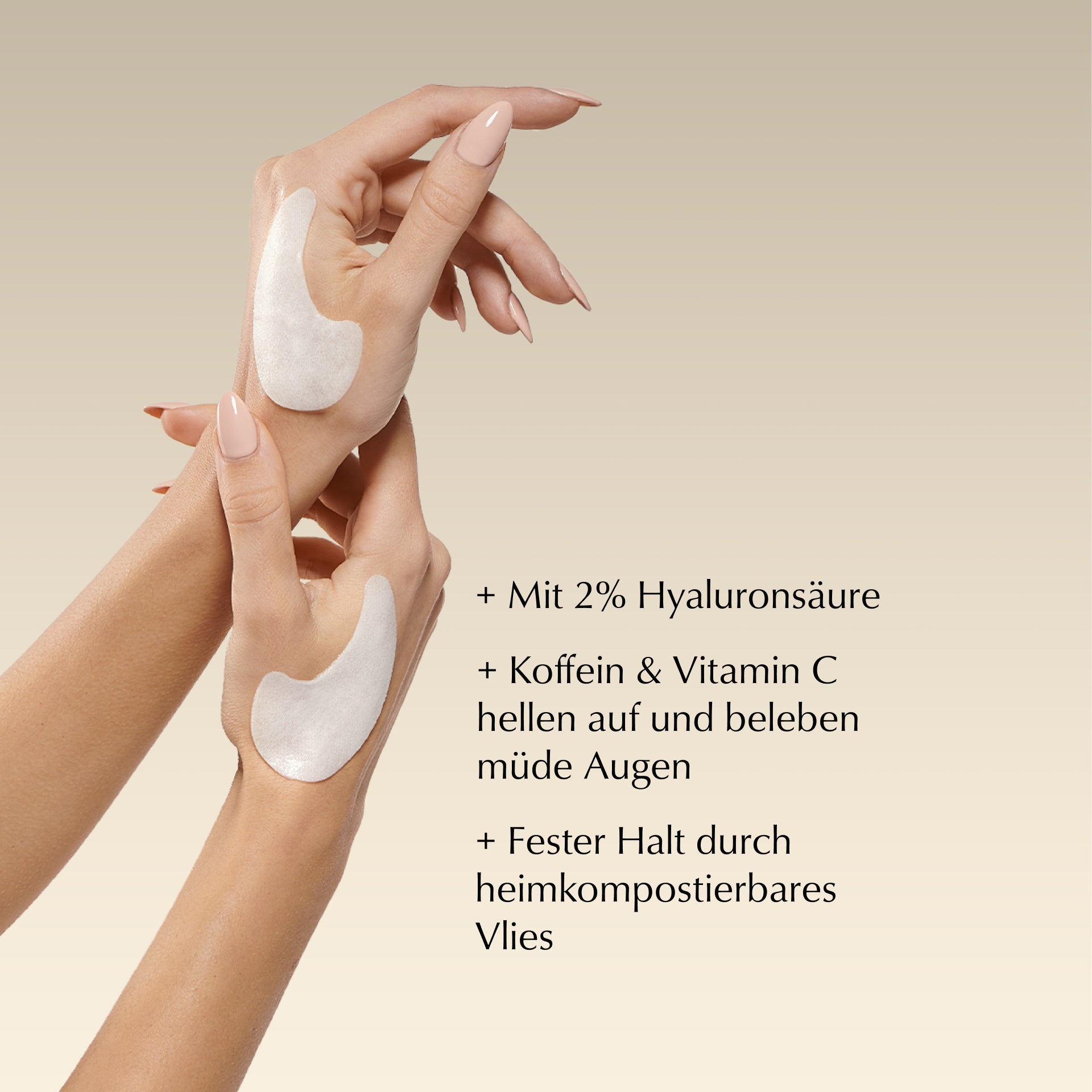
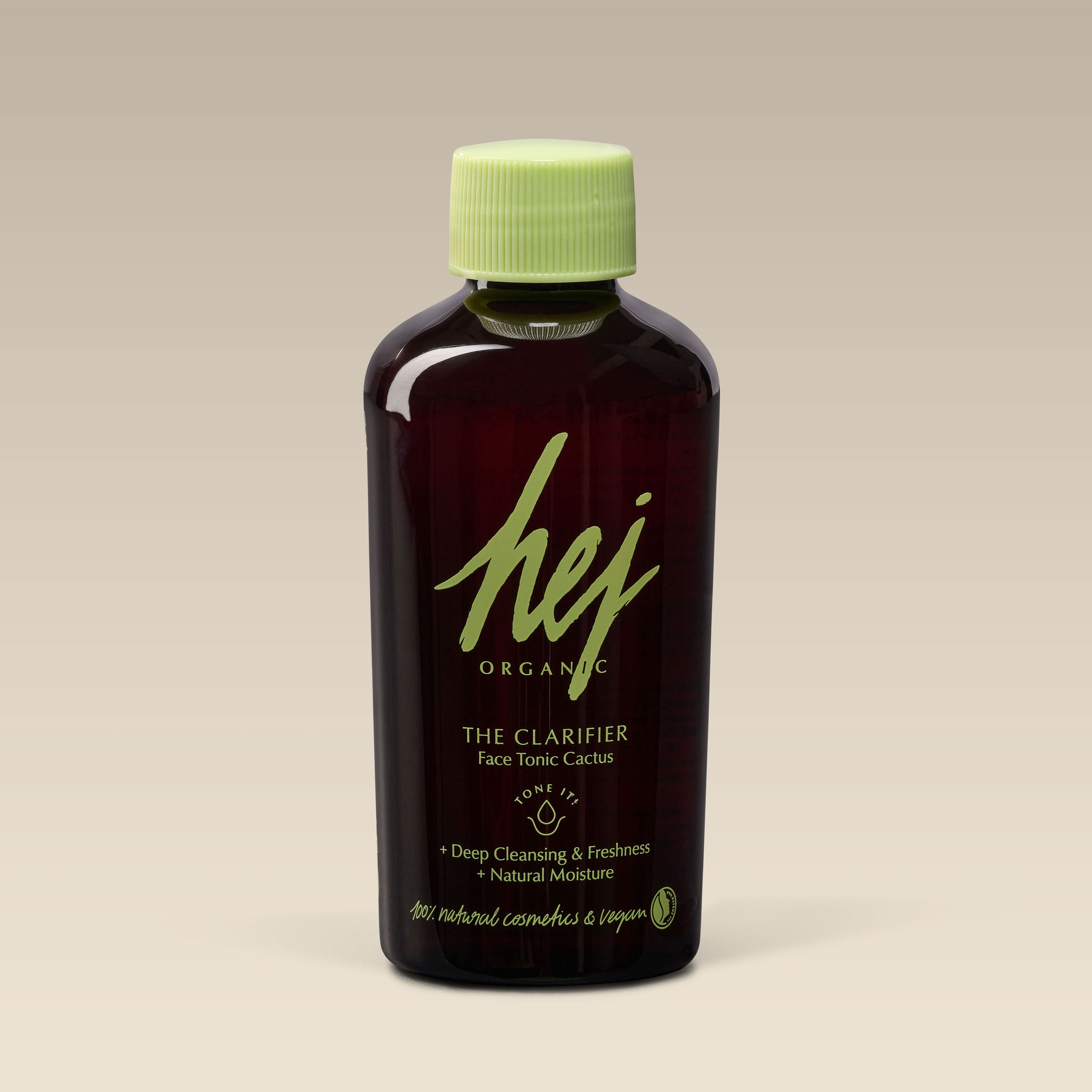
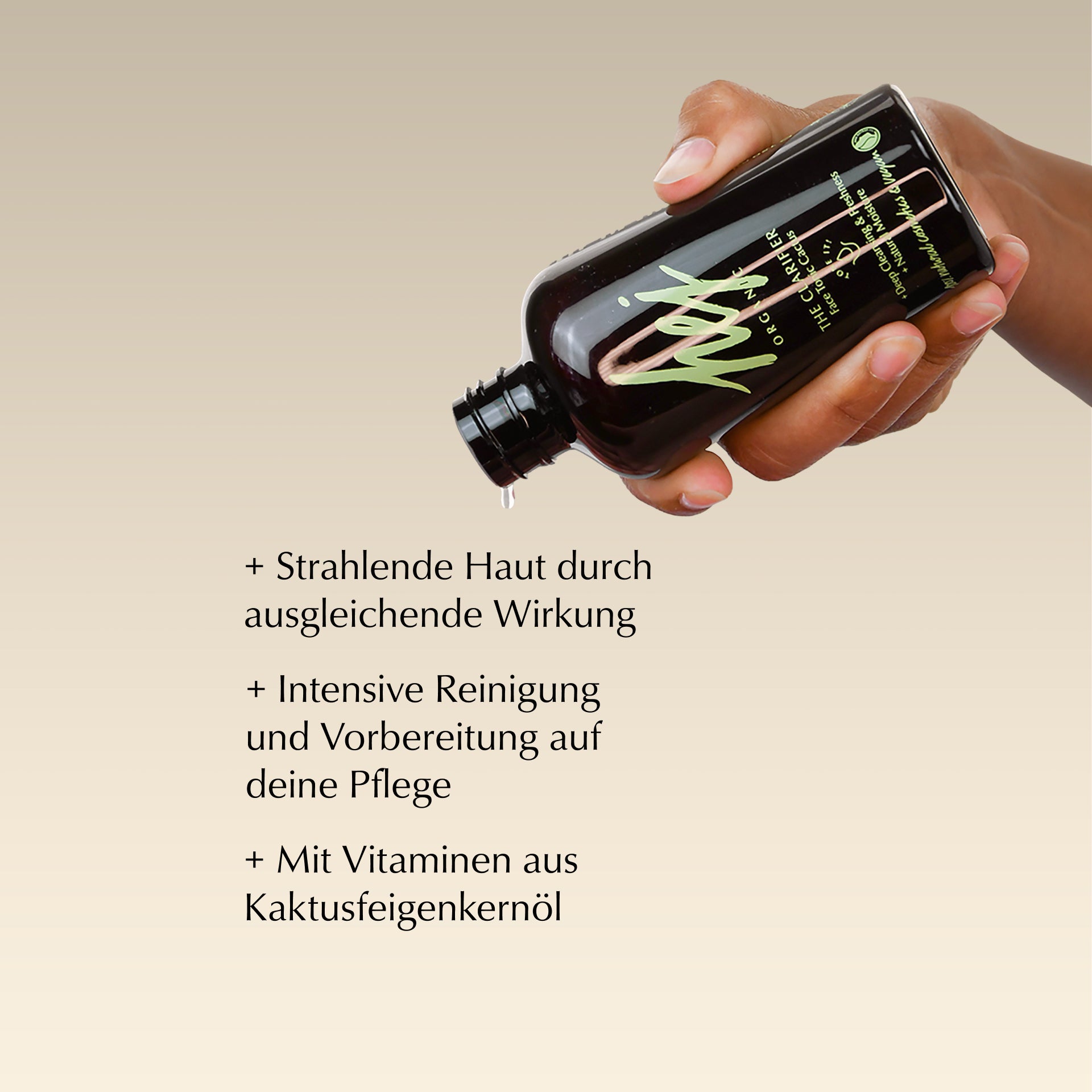
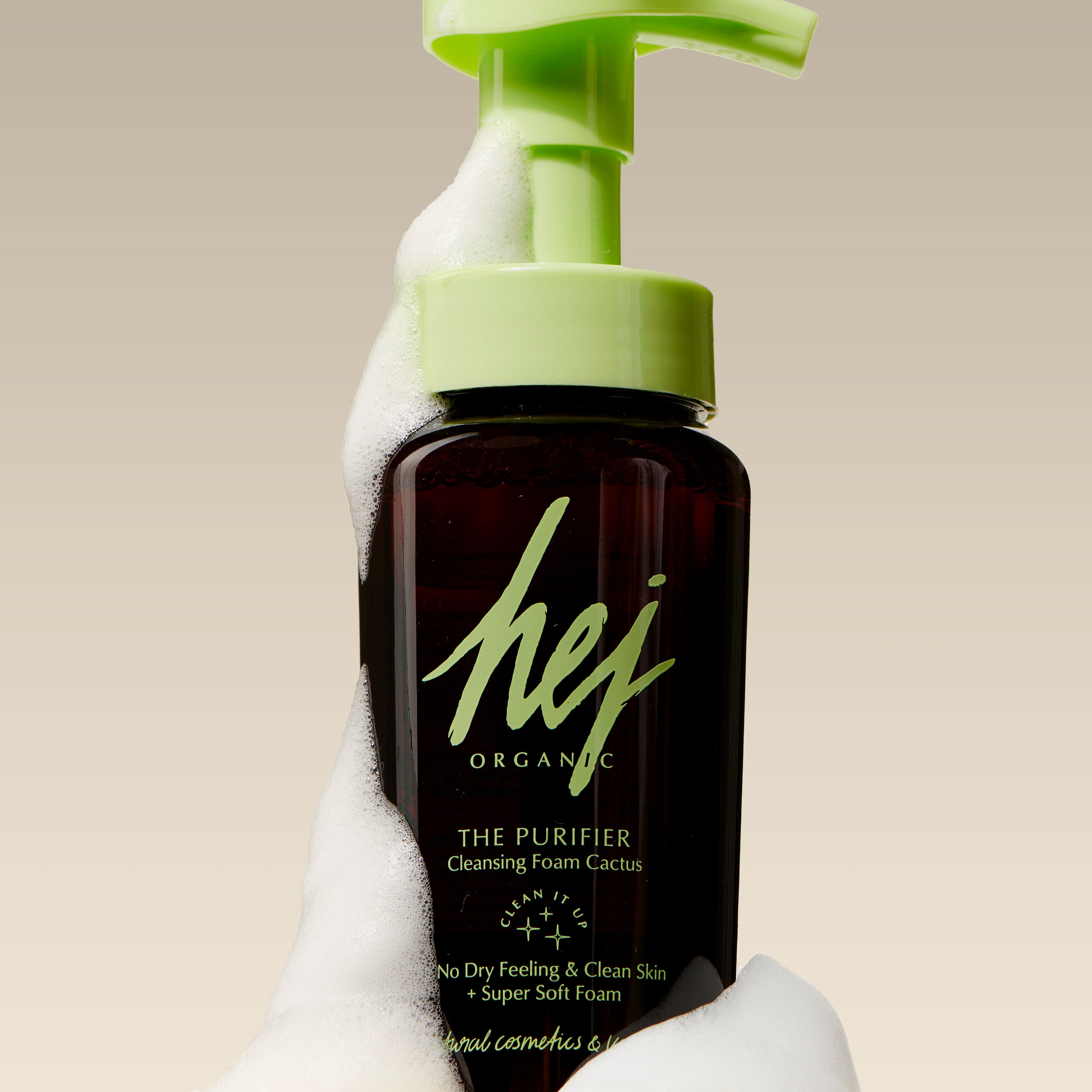
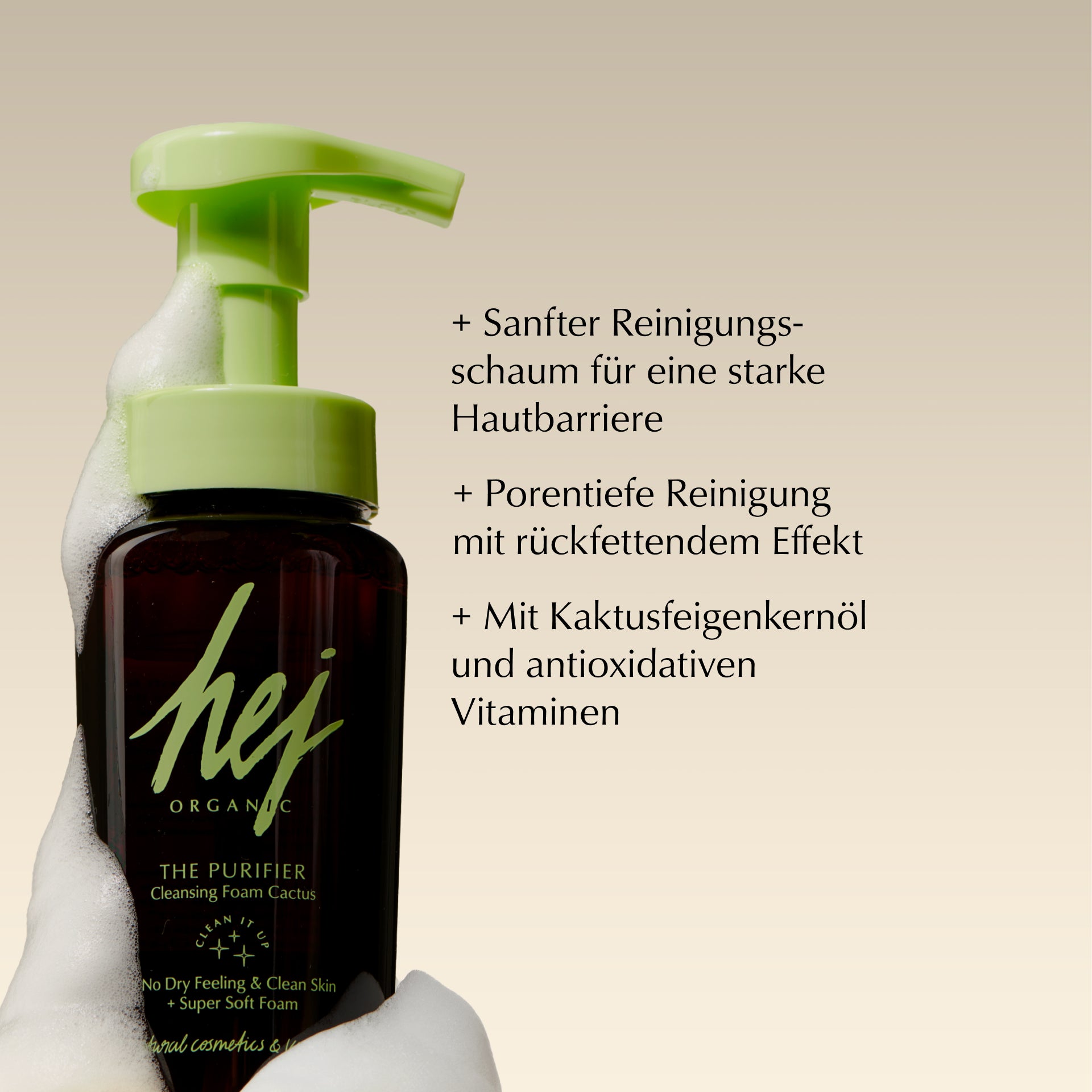
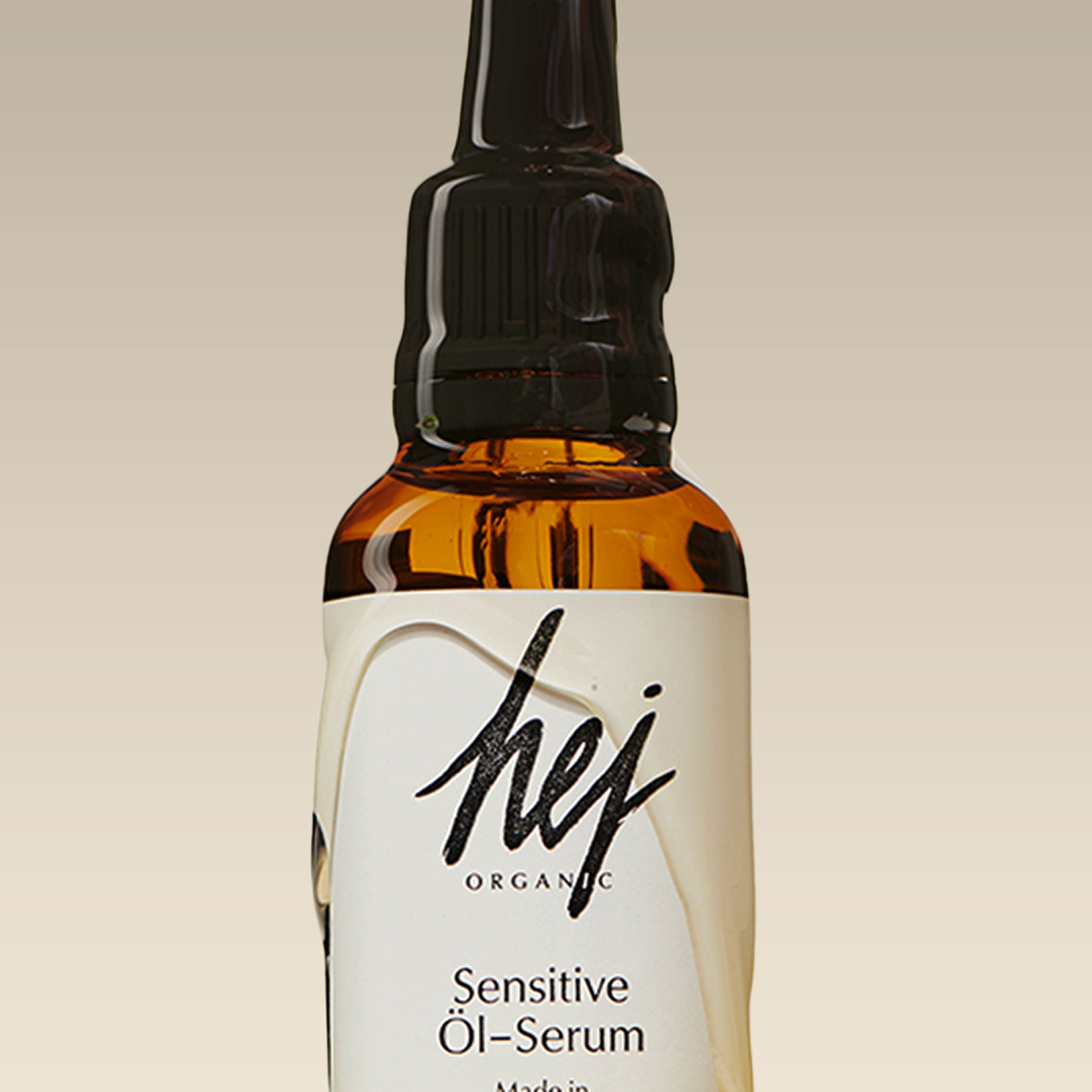
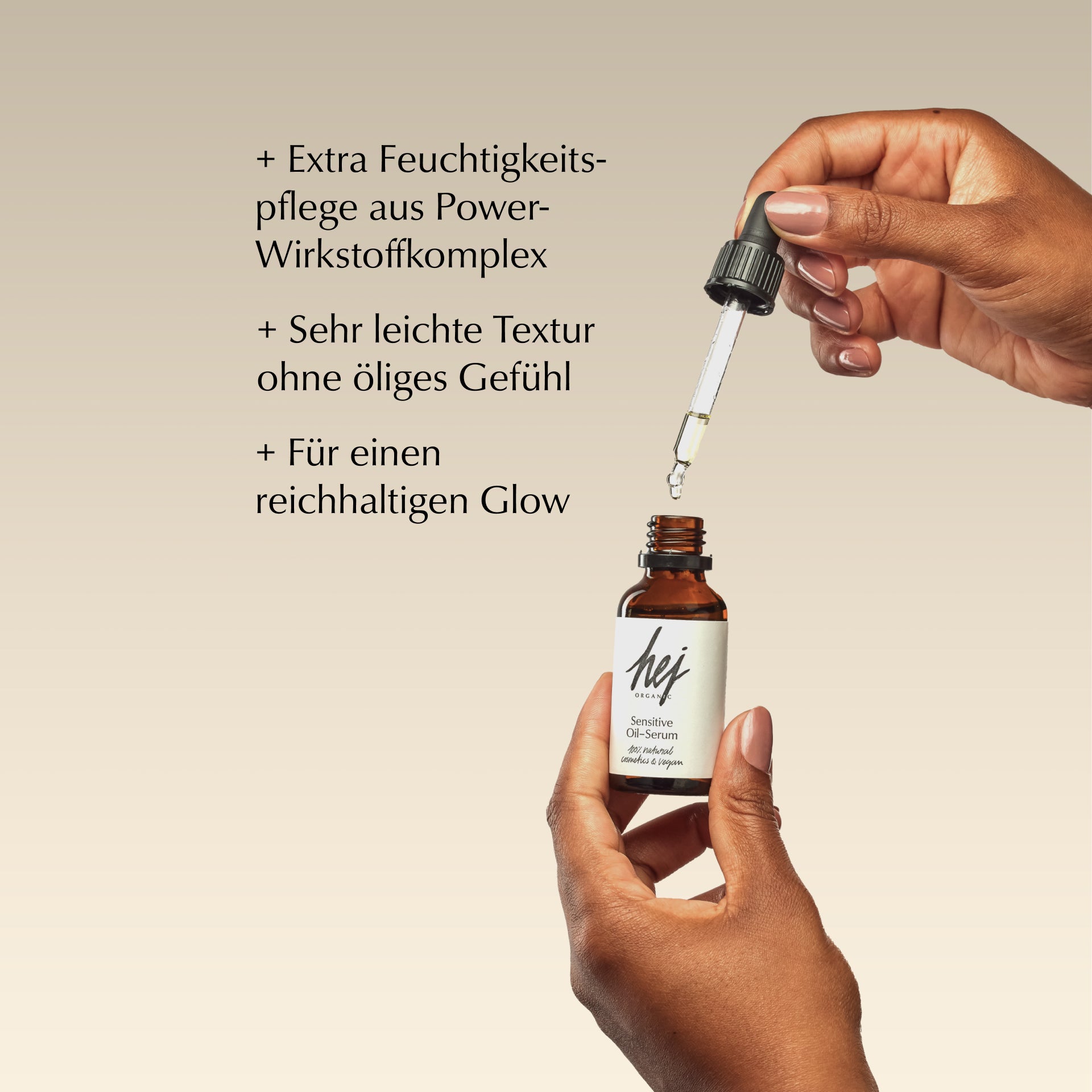
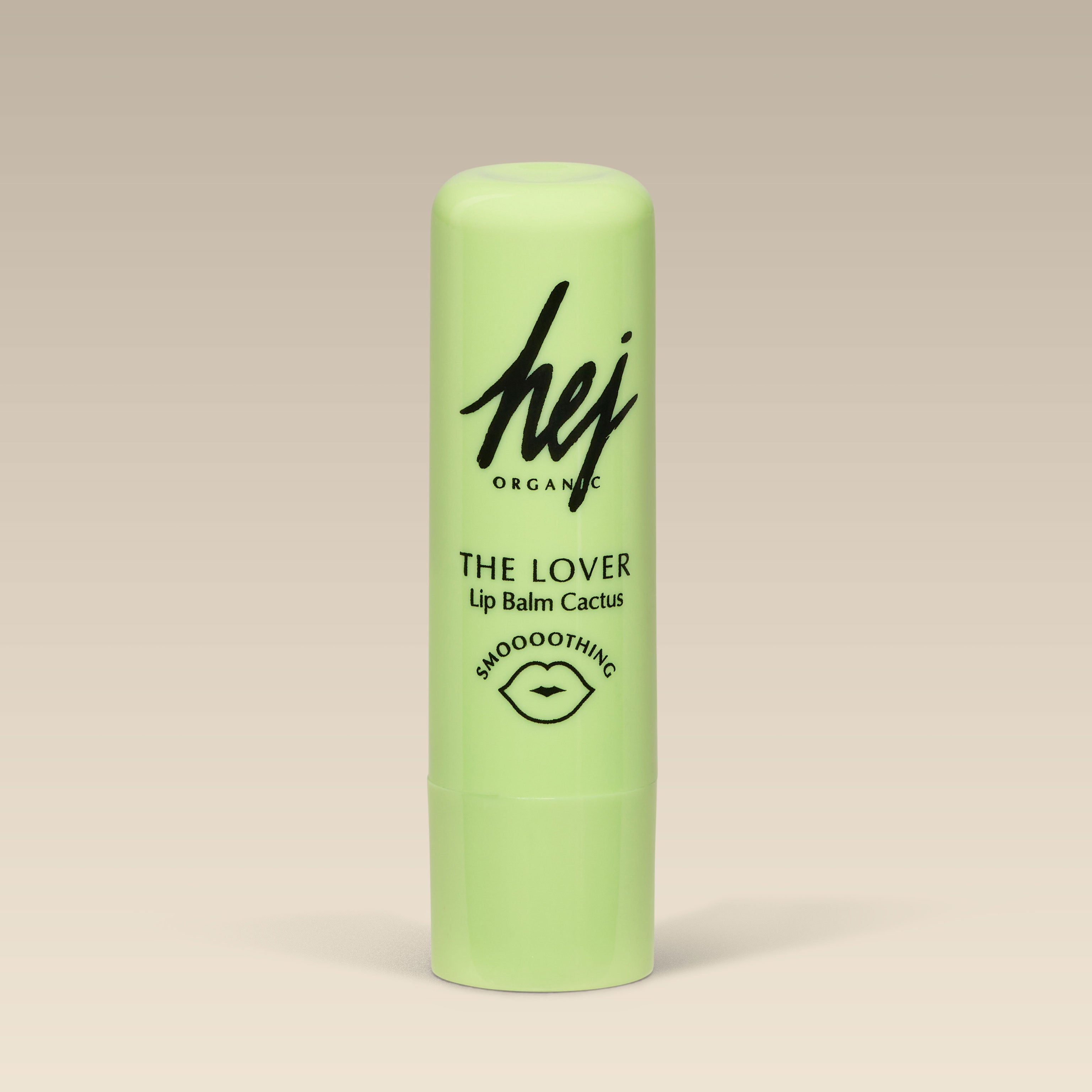

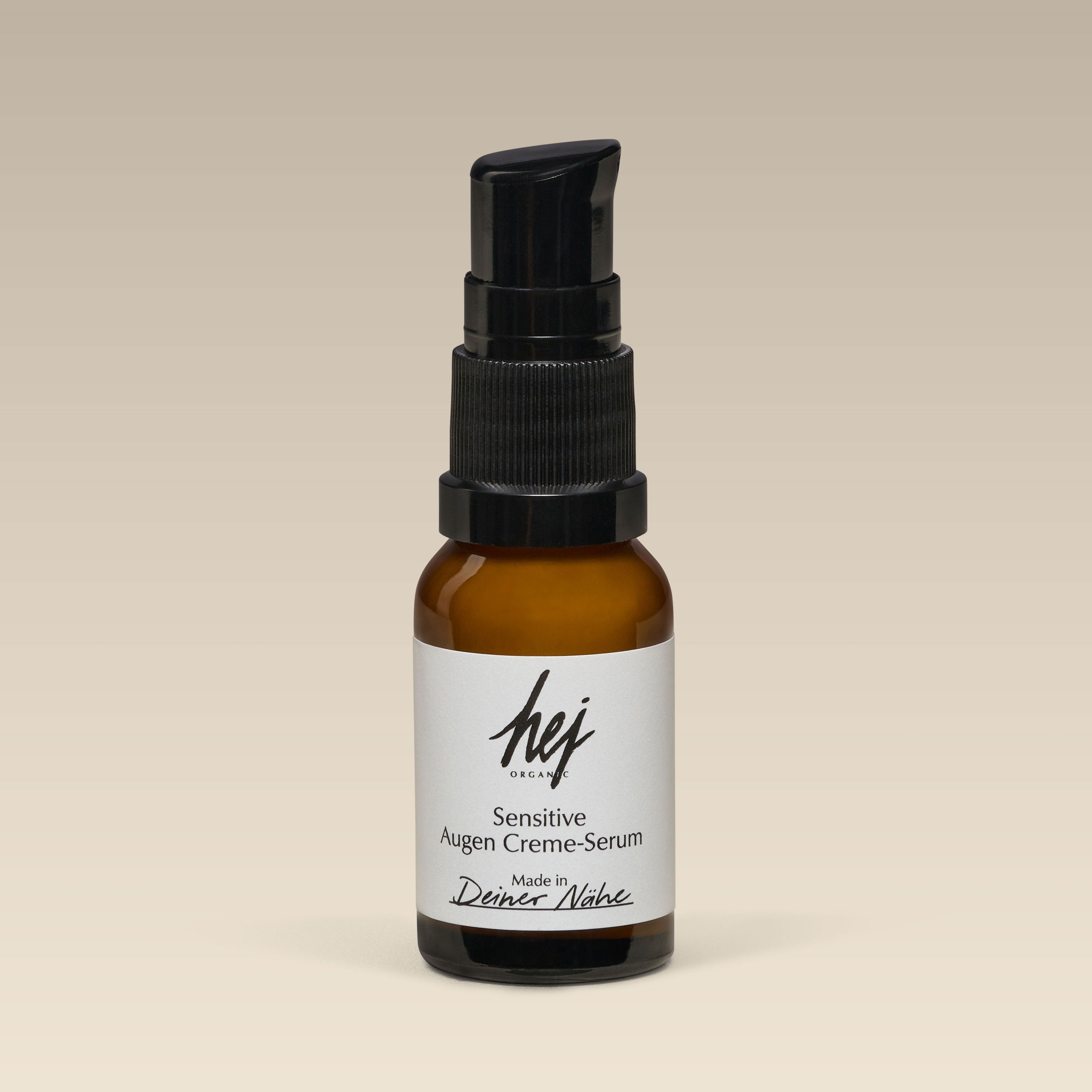
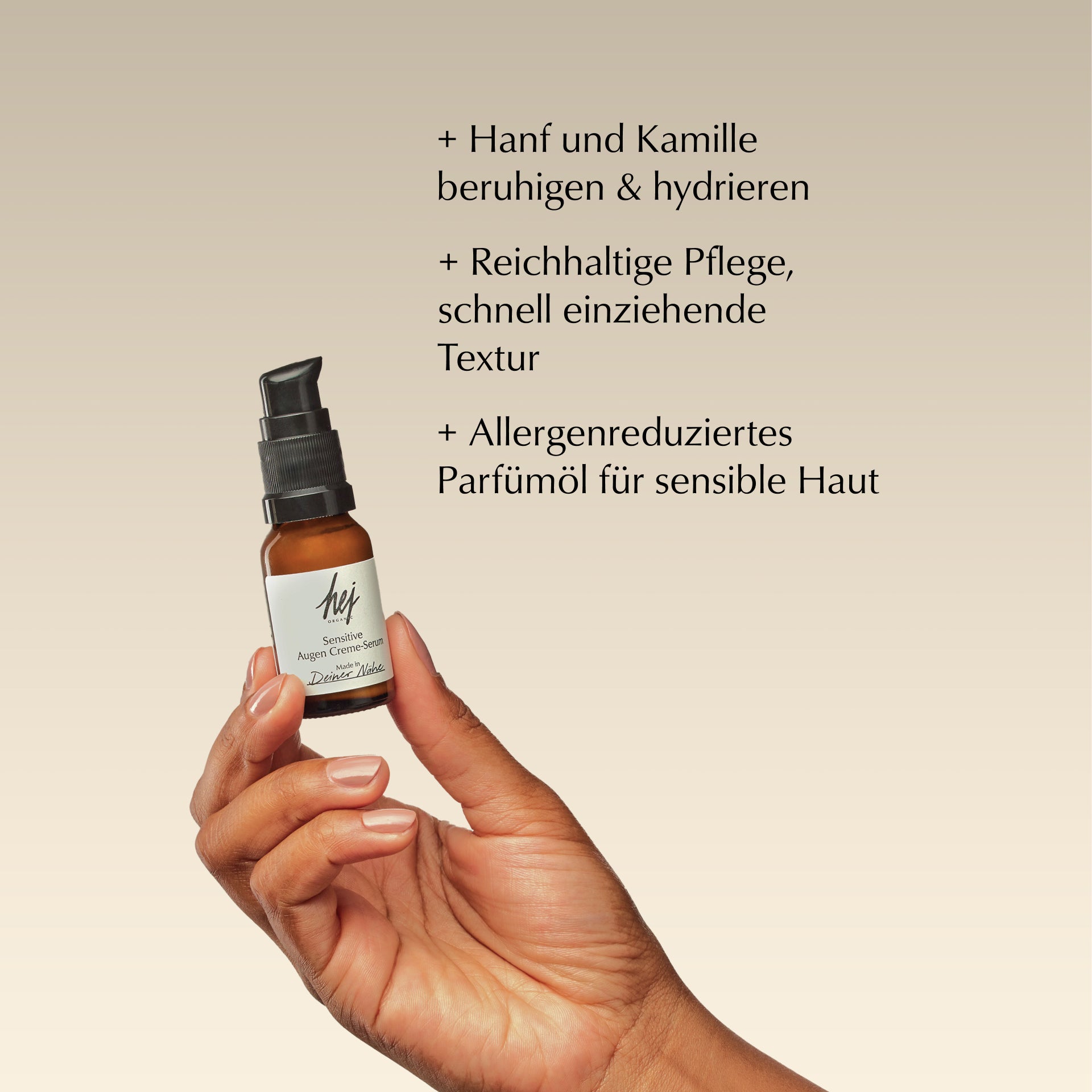
Leave a comment
This site is protected by hCaptcha and the hCaptcha Privacy Policy and Terms of Service apply.